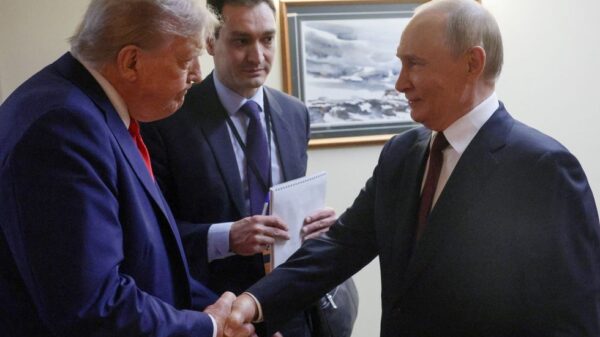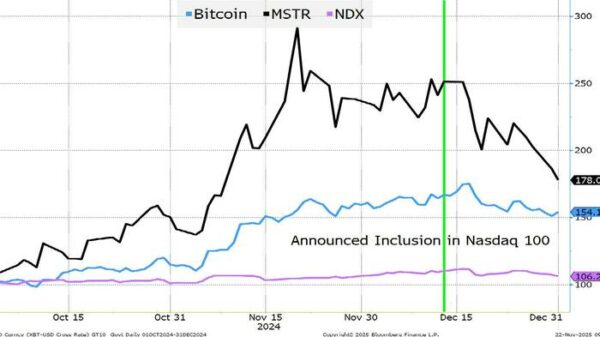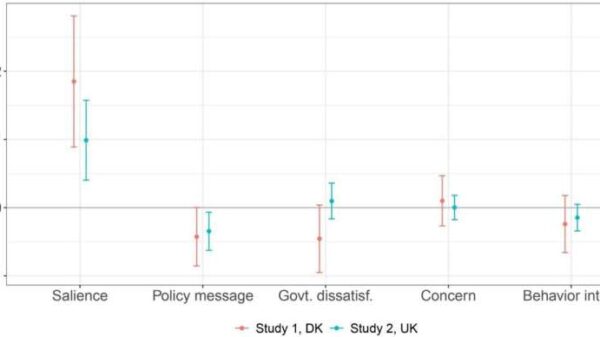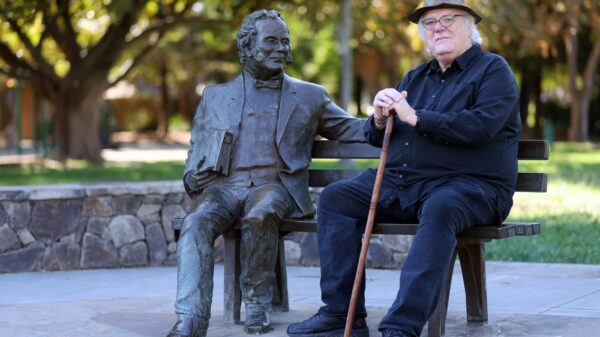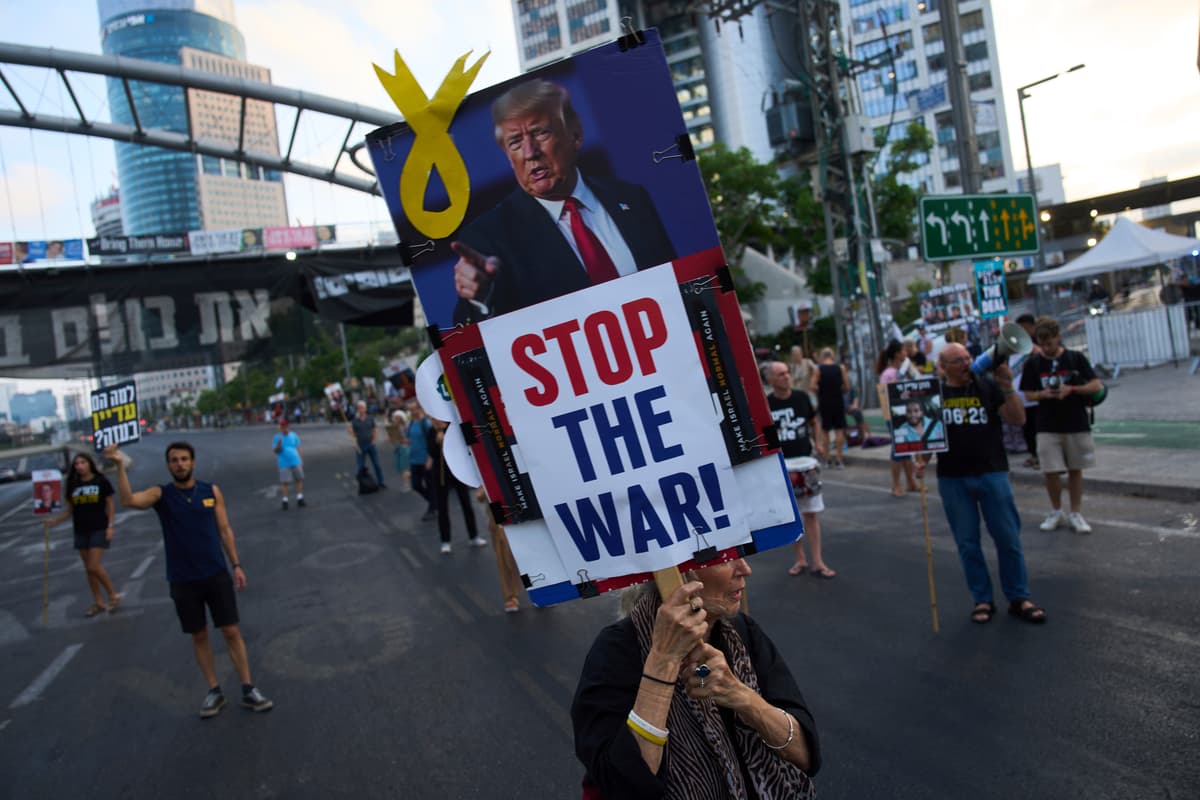The Abraham Accords, a landmark agreement signed nearly five years ago between Israel and several Arab states, are now facing significant challenges due to the ongoing conflict in Gaza. The accords, originally brokered by the Trump administration, aimed to promote normalized relations between Israel and countries such as the United Arab Emirates, Bahrain, Sudan, and Morocco. However, the current situation raises questions about the future of these diplomatic ties.
The Gaza War’s Impact on Regional Dynamics
Under the leadership of Prime Minister Benjamin Netanyahu and Mohammed bin Zayed, Crown Prince of the United Arab Emirates, the accords accelerated diplomatic engagements and security cooperation. Despite ongoing political turmoil and unrest in the region, Netanyahu’s government has attempted to maintain momentum. Nevertheless, the Gaza conflict, which has seen intense hostilities between Israel and Hamas since October 7, poses a serious challenge to the fragile peace established by the accords.
According to Iulia-Sabina Joja, a senior fellow at the Middle East Institute, “The war in Gaza has effectively suspended any expansion of the Abraham Accords. No country has been willing to sign the accords until a permanent ceasefire has been agreed on.” The ongoing violence threatens to unravel the delicate balance of support that the accords have fostered, as signatory nations express concern over civilian casualties while still backing Israel’s right to self-defense.
Shifting Alliances and Regional Sentiments
The conflict has also sparked unease among populations across the region sympathetic to the Palestinian cause, potentially weakening support for normalization efforts. Jonathan Ruhe, Director of Foreign Policy at the Jewish Institute for National Security of America, noted, “Hamas and Iran hoped October 7 would thwart the accords by forcing pro-peace Arabs to choose between the Palestinians and Israel.” While existing members remain committed, the prospect of expanding the accords is considerably more challenging until the conflict subsides.
Despite the turmoil, Israeli defense officials express confidence that the accords remain intact and are positioned for future growth. Ongoing bipartisan support from the United States, including recent arms sales to Abraham Accords partners, reinforces the coalition. Ruhe adds that while adversarial nations like Iran and Yemen may aim to undermine the accords, the existing member states have worked behind the scenes to mitigate negative reactions.
Former President Donald Trump continues to influence the diplomatic landscape, advocating for a swift resolution to the Gaza conflict. He argues that prolonged violence undermines the potential for expanding the accords, positing new nations may soon join the initiative. His vision, centered on a two-state solution, aims to redefine regional alliances and counter Iranian influence.
Potential New Members: Pakistan’s Possible Inclusion
Among the countries speculated to join the Abraham Accords is Pakistan, traditionally an adversary of Israel. If Pakistan were to normalize relations, it could represent a dramatic shift in regional dynamics. “Its geopolitical impact would be profound,” Ruhe notes, highlighting potential benefits such as access to Israel’s technology and surrounding Iran with another peaceful neighbor.
Despite its history of supporting the Palestinian cause and criticism of Israel, Islamabad’s interest in the accords could stem from the need for economic revitalization. Khawaja Asif, Pakistan’s Defence Minister, recently indicated that recognizing Israel might be considered, provided it serves Pakistan’s national interests. However, skepticism persists, with analysts pointing to Pakistan’s complex history with terrorism and its previous dealings with the United States.
The Saudi Factor: A Pivotal Role
The role of Saudi Arabia remains a crucial yet unpredictable element in the future of the Abraham Accords. While the Kingdom has not formally joined the agreements, it has been improving its relations with Israel. Ruhe emphasizes that Saudi Arabia’s participation would provide significant legitimacy for other Muslim countries to recognize Israel, potentially transforming regional trade and defense dynamics.
However, Saudi Arabia’s leadership is cautious, influenced by domestic public opinion, the unresolved Palestinian issue, and its delicate position between Iran and Western allies. Crown Prince Mohammed bin Salman has made it clear that any formal engagement with Israel hinges on progress toward a Palestinian state and an easing of tensions in Gaza.
The Path Forward: Fragile Stability
As the Gaza war continues to strain regional relationships, supporters of the Abraham Accords remain hopeful for expanded peace. Washington’s backing and congressional support signal potential momentum, but growing public discontent and geopolitical challenges cast a shadow over future developments.
Joja asserts that “a ceasefire in Gaza is a necessary condition for the development of the Abraham Accords,” while emphasizing that addressing Iran’s influence remains essential for long-term stability in the Middle East. The ongoing conflict serves as a litmus test for these diplomatic efforts, determining whether the accords can endure and evolve in an increasingly complex landscape.




